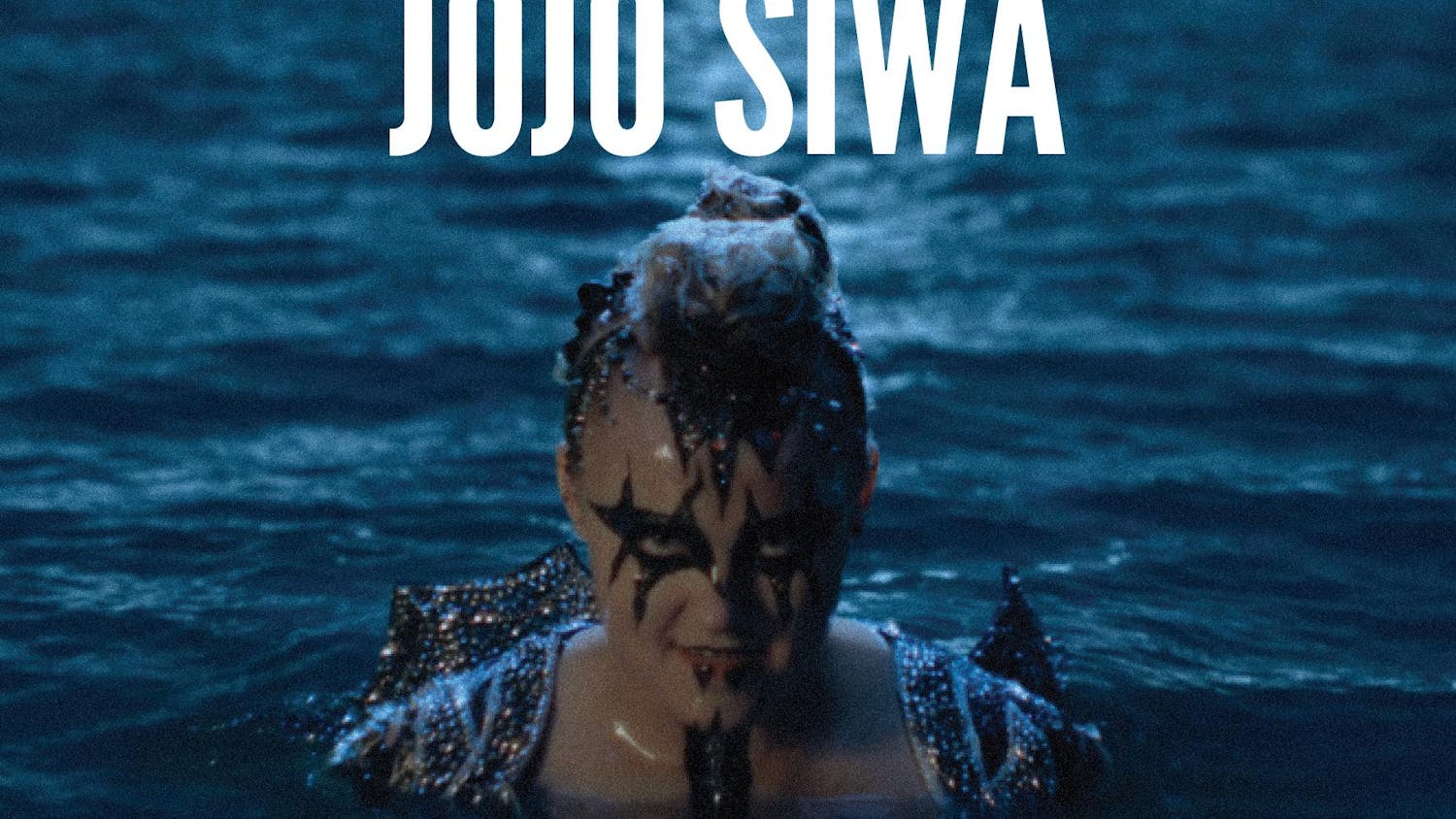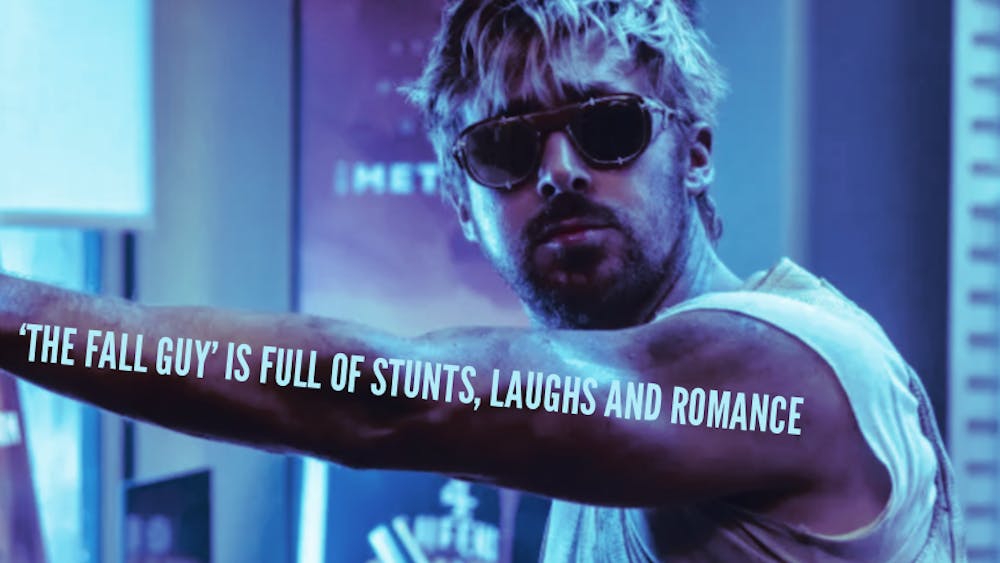
These days, my mother occasionally reflects upon the unpredictable nature of life. She soberly muses to me how she always imagined a life where she and my father, who passed away last year, would retire together after my brother and I finished school, and that life would go on pleasantly and predictably. Needless to say, that wasn’t quite what the good Lord had in mind. However, I notice how when she talks about it, her face seems to relax just a bit more, and an air of contentment seems to work itself into her voice. She talks more to herself though our family life, almost as if she’s trying to catch herself up on where we’re at today. It’s therapeutic, and I can admire and appreciate seeing her go through this process.
Over the past weekend, Kobe Bryant took a similar meta approach of self-reflection as he premiered his auto-documentary “Kobe Bryant’s Muse” on Showtime, directed by Gotham Chopra. The documentary, on the ground level, is his reflection on his storied 19-year (and counting) career in the NBA, from humble — or maybe not-so-humble — beginnings in Italy to a rapid ascension to the premier ranks in the NBA. The film gives us a look at an unguarded Bryant, who has been notorious for his reserved, brooding nature. In the twilight of his career, he has matured into a wiser, more articulate yet unapologetic man, and the film offers him an opportunity to show just that.
Bryant made his rounds on various media outlets to promote his “Muse,” one of which being Bill Simmon’s “The Grantland Basketball Hour.” Following his appearance, Simmons took to his podcast to discuss with author and essayist Chuck Klosterman the documentary. Simmons reveals to his listeners how the documentary is very characteristic of Bryant's career: Bryant had Chopra scrap hours and hours of various others’ interviews, to only take it upon himself to discuss his life. Bryant took it into his own hands, and took the shot. And, just like it has over his career arc, it has more often than not led to successful moments.
Bryant covers various parts of his life, from his well-documented upbringing in Italy and then his resettlement in the United States to the lesser-known details surrounding his family life, even going so far as to bare all surrounding the 2004 Colorado incident. In a one-on-none kind of fashion — where the only voice we can hear throughout Bryant’s documentary is his own — Bryant talks and talks … and in return, he listens. To himself.
Klosterman mentions how one of the most impressive parts of the documentary was how Bryant used it as a way of therapy and healing. He likens it to a piece in the NYTimes he did with Metallica, “Band on the Couch,” where the band used the interview to process interview questions that they themselves have been mulling over for quite some time. Bryant, in a similar fashion, uses “Muse” to answer some of the questions not just for the film, but for his own peace of mind. He, like my mother, seems to talk himself through all of the events surrounding his life over his fast-moving 19-year career, almost as if he also is trying to catch himself up on what has been going on, not just on the court but even more so off the court.
I find it truly interesting, if not a bit funny, how my mother can resemble Bryant’s own mentality, especially considering how she can’t really seem to stand sports — if it were up to her, everyone would get a ball, so that people would just stop fighting over it. But just as how Bryant notes in the film about both his professional and personal life, my mother muses how life can be unpredictable, but that we’re all blessed if we can go through all of its good and bad times. Meanwhile, we as a people just have to keep our heads down and just keep going. I guess you can say my mother is my own muse.













